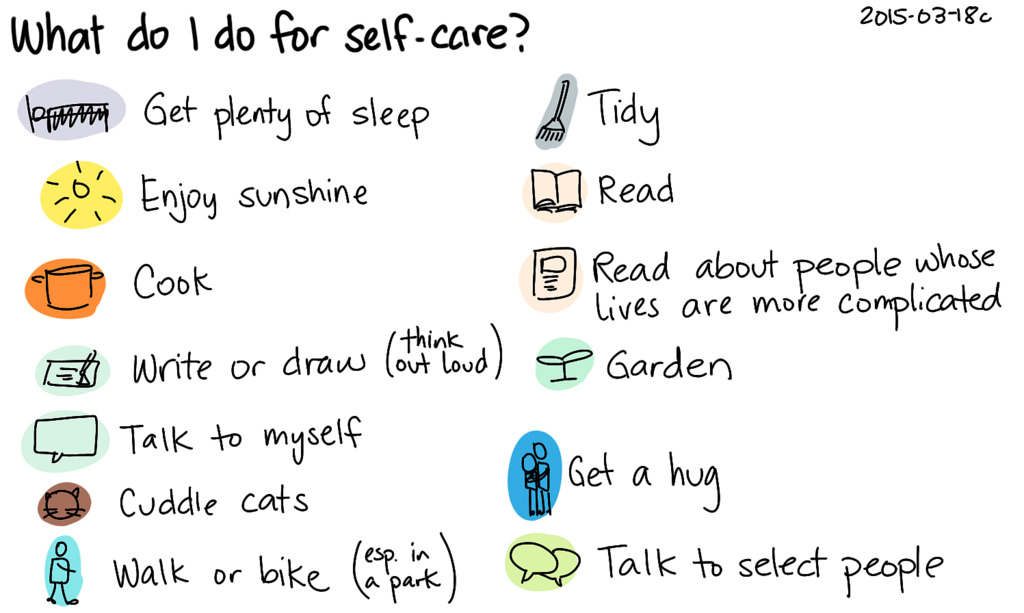Holding a grudge is bad. The idea conjures up images of Taylor Swift passive-aggressively twanging on a guitar about Steven-what’s-his-name from the 10th grade winter formal, who left her stitching up a broken heart.
Time heals all wounds. This age-old saying is absolutely true, but it’s just not specific enough to really make its point. It leaves the wounded living in slow motion and the perpetrator tapping their wristwatch, convinced that the second hand is lagging.
Your friends who listened with rapt attention the very first time you needed to vent now get a glazed look in their eyes when you’re still struggling with it. You can almost see it written on their forehead: “Oh gosh, are they really talking about this again?”
For everyone else, there’s a cut off time when you are supposed to be “over it.” Patience has worn thin, and suddenly you’re being told that your emotions are invalid and ridiculous.
You’re still hurt, and that is not okay. You’re asking yourself if you’re being crazy, obsessive even.
I’ve talked with friends about these situations and realized what we should truly be asking ourselves, “Why am I letting others dictate what I’m allowed to feel?”
Maybe they’re worried that you need to let things go, that you’re holding a grudge. But if this is the case, the tone is concerned and sympathetic, not an eye roll accompanied by “This, still?”
It didn’t happen to them. They haven’t lost anything. Your friends and the person who hurt you do not get to set the timeline for when you’re okay.
You are in control of how you get to deal with the situation and you can take your time. Get some space. Sort through your feelings and move at your own pace. The questions of “Are you okay?” can be met with a reply of “No, but I will be.”
Time is relative, and while your frame of reference is different, absolutely no one can say that it is wrong.

